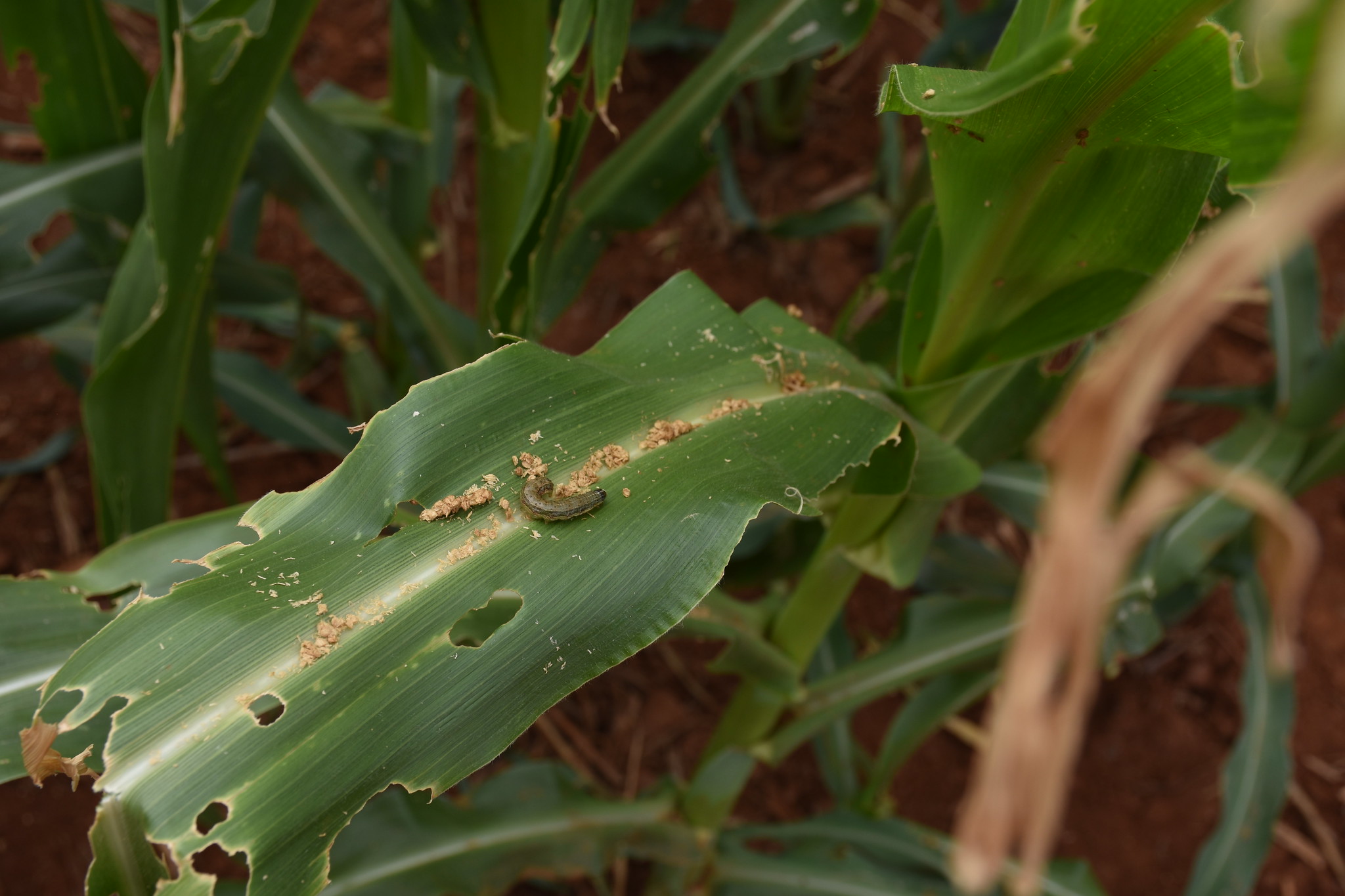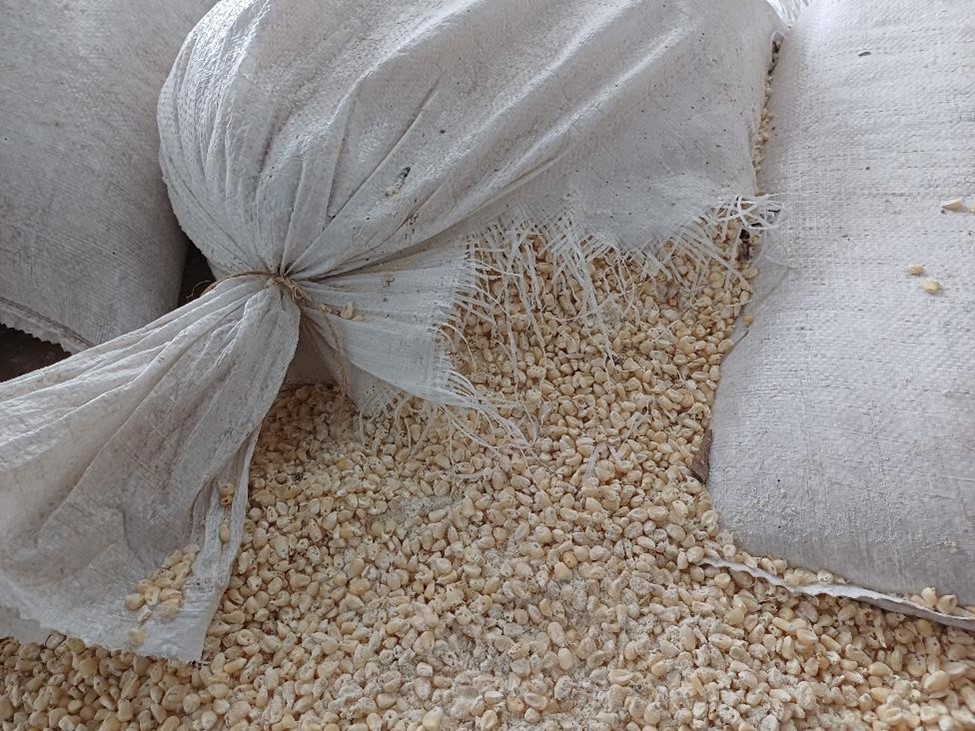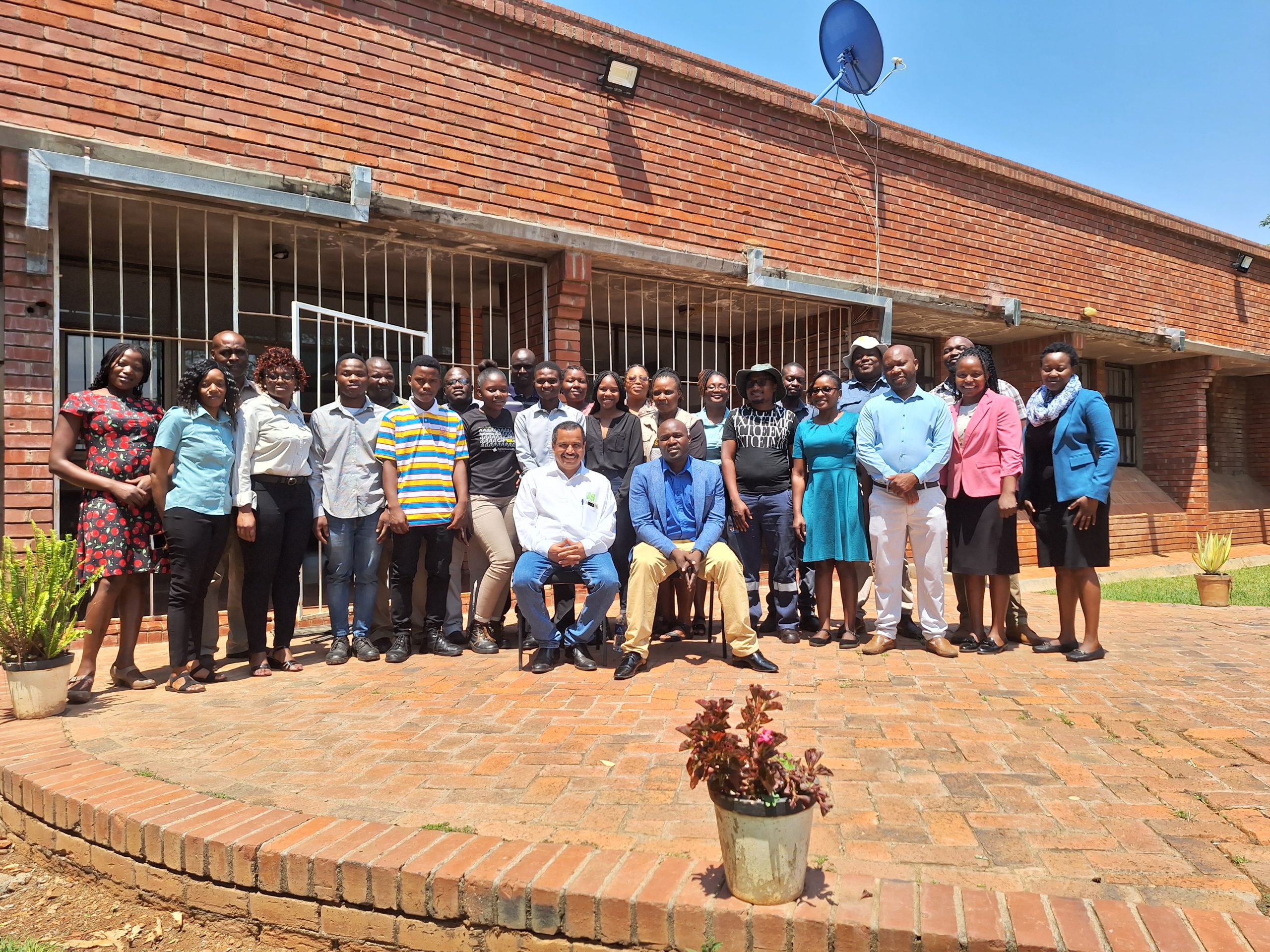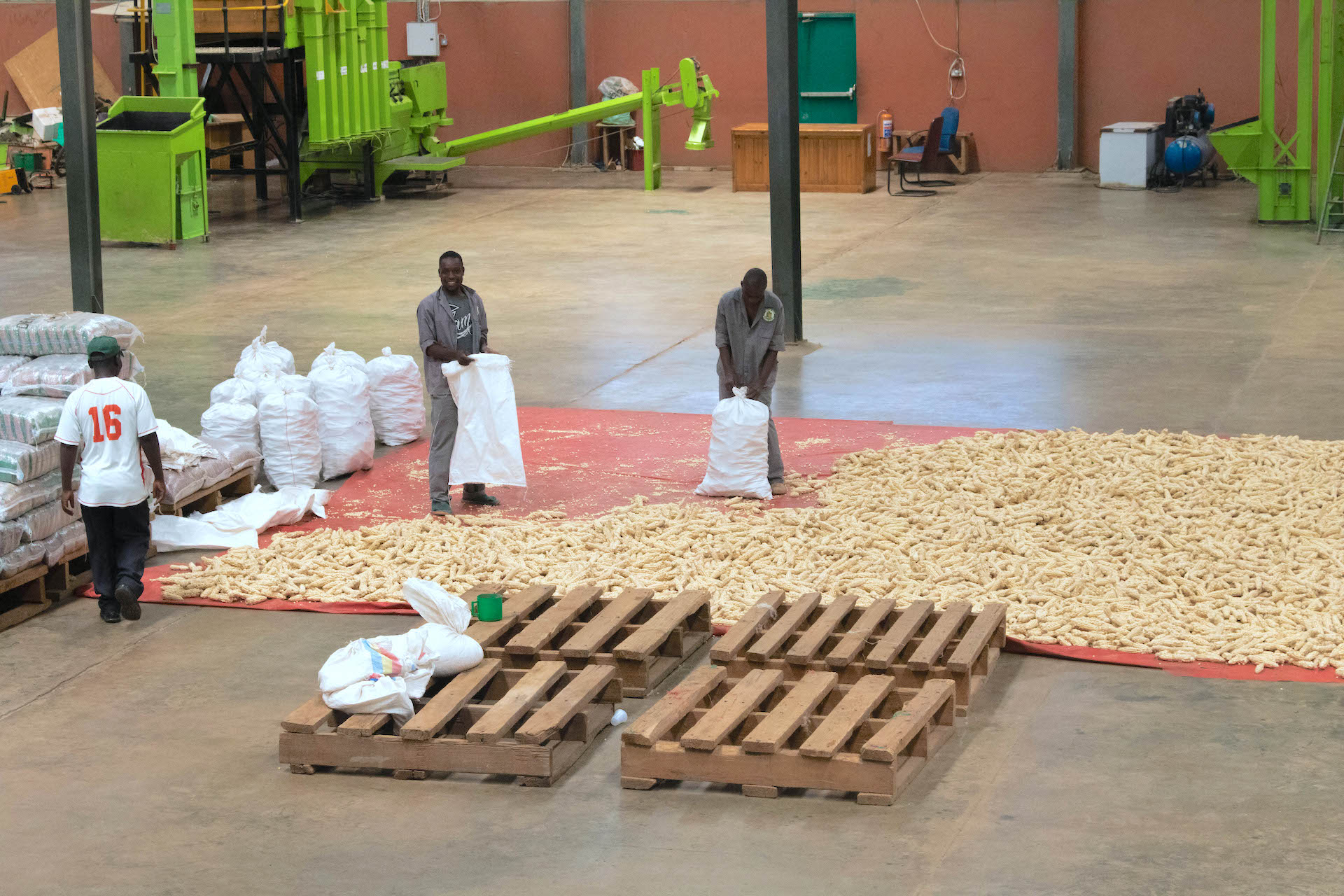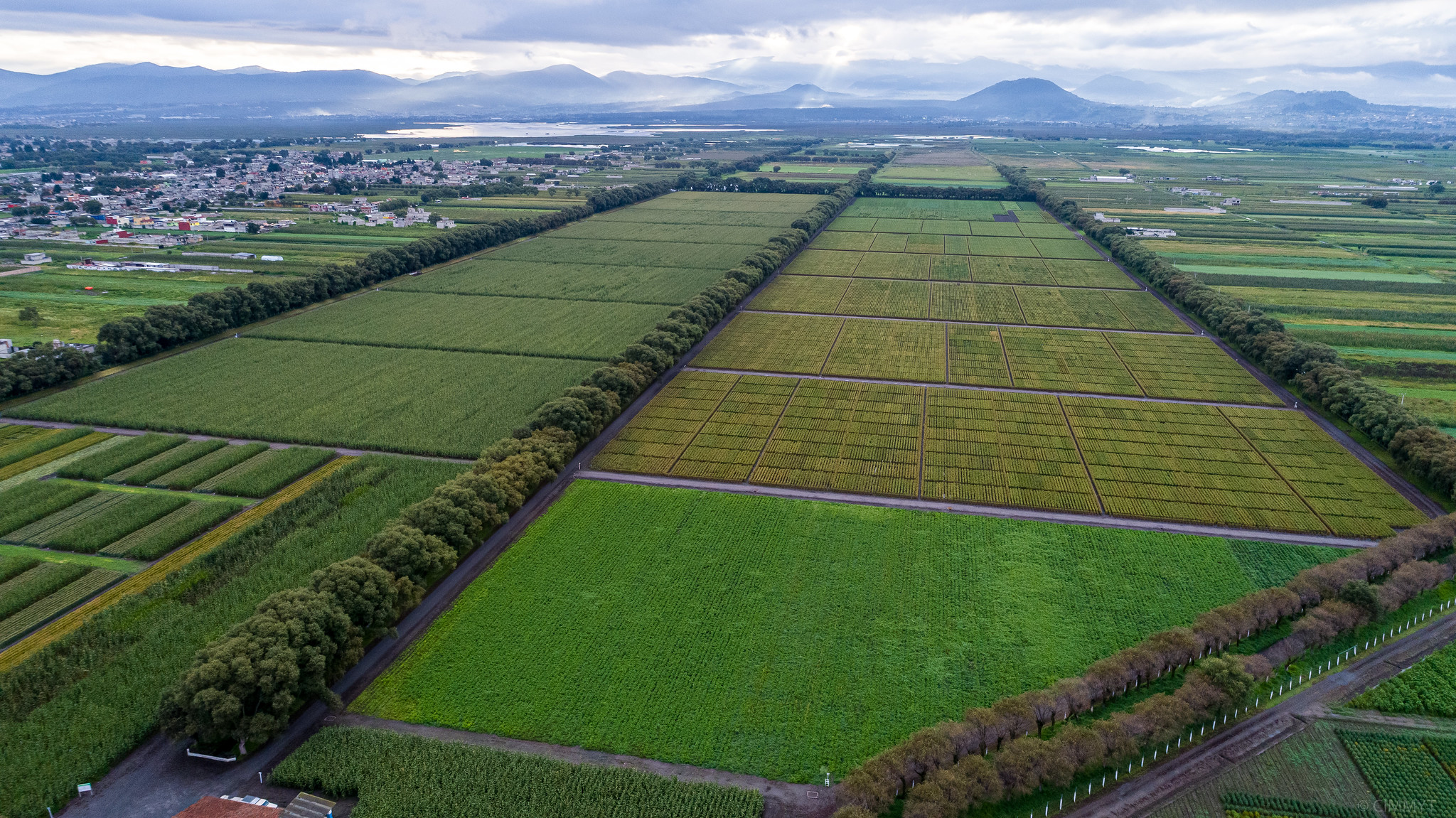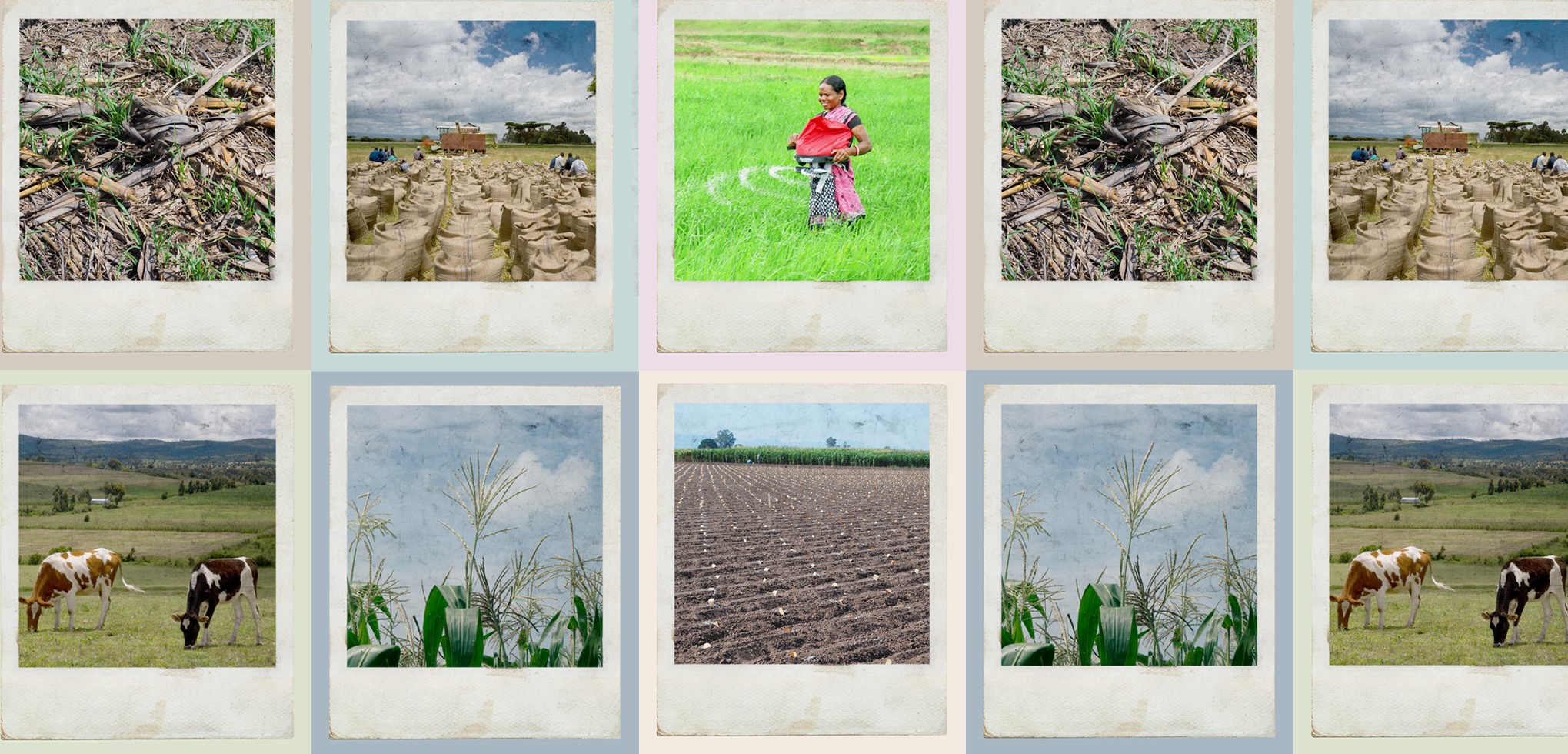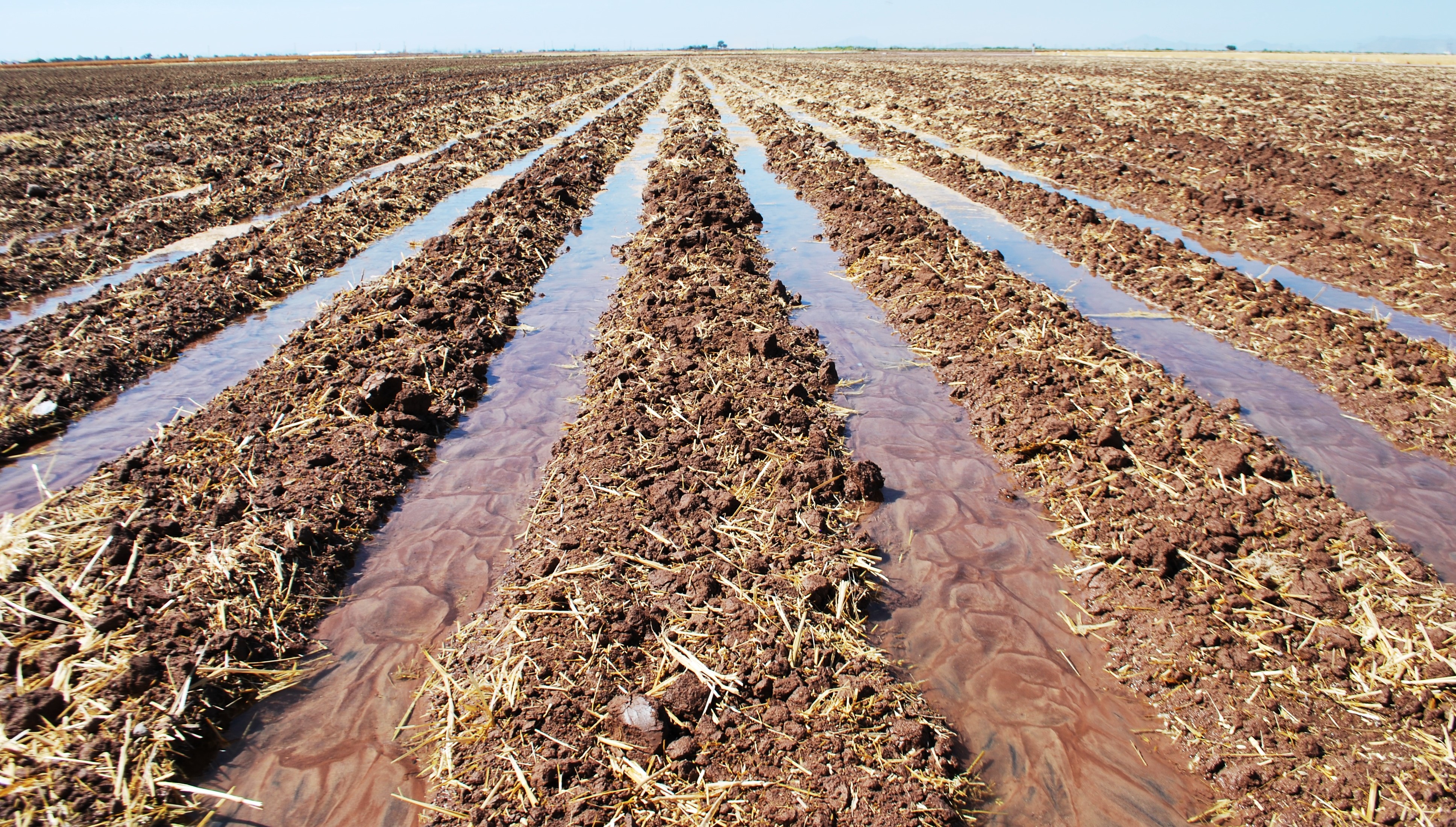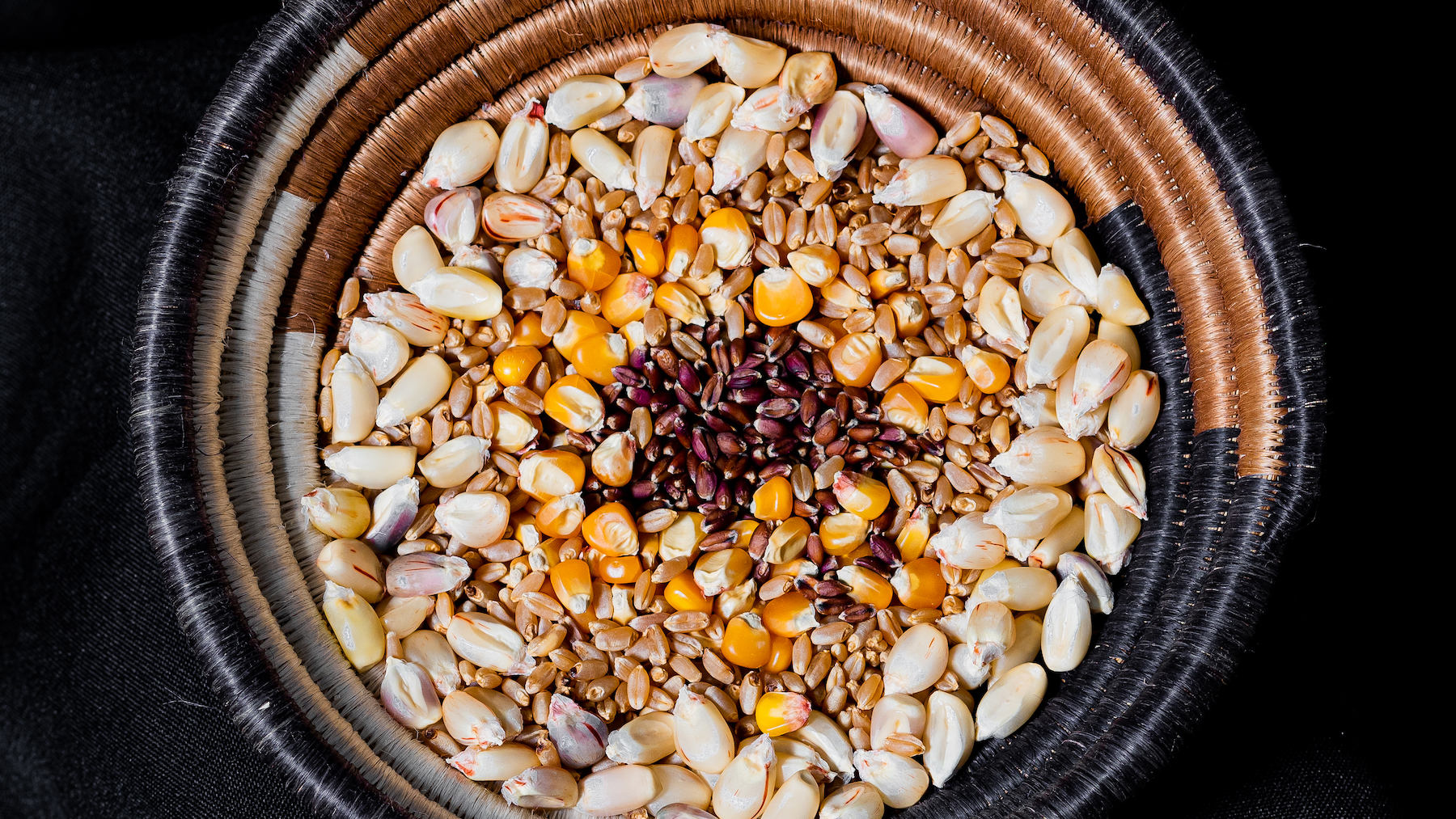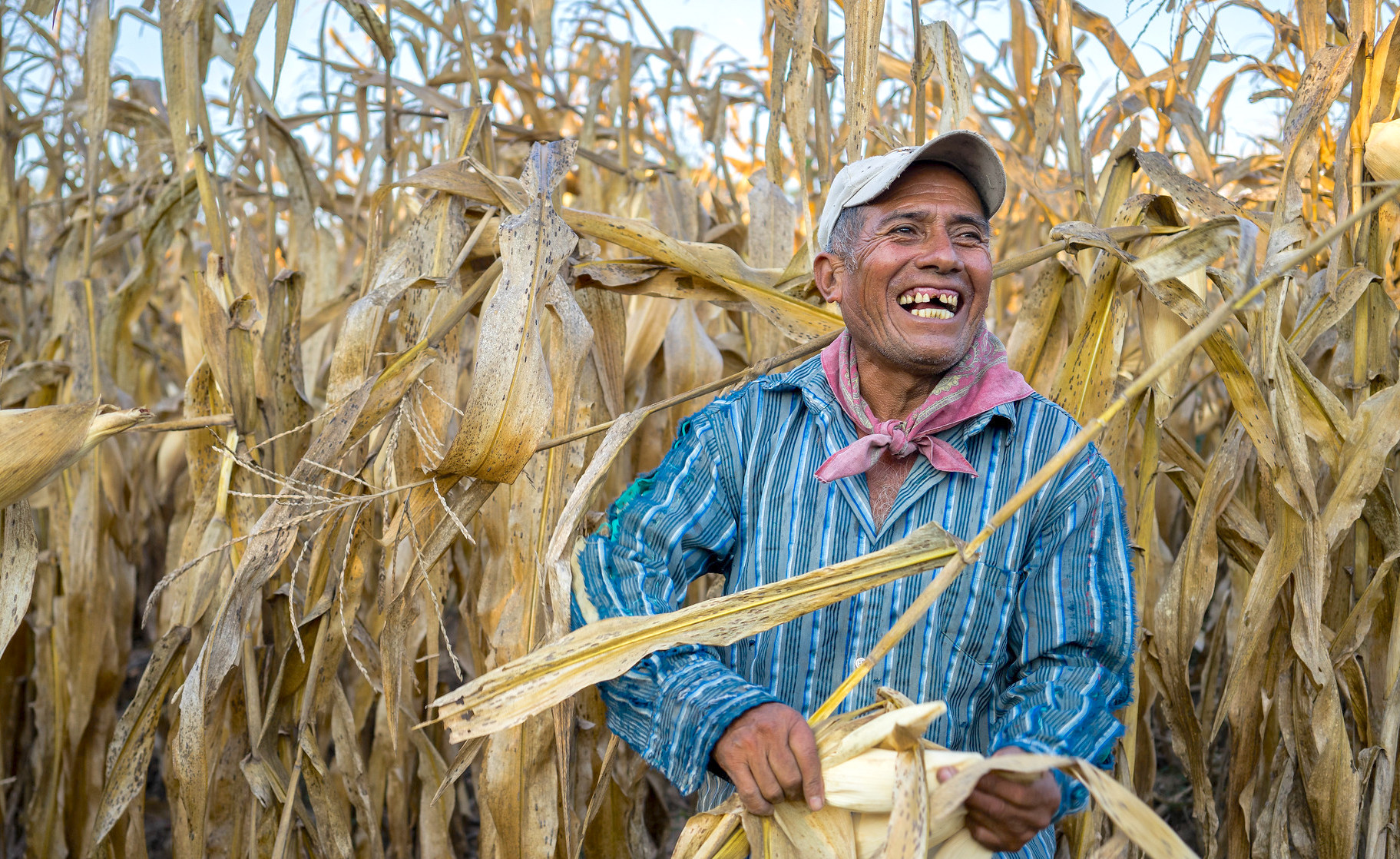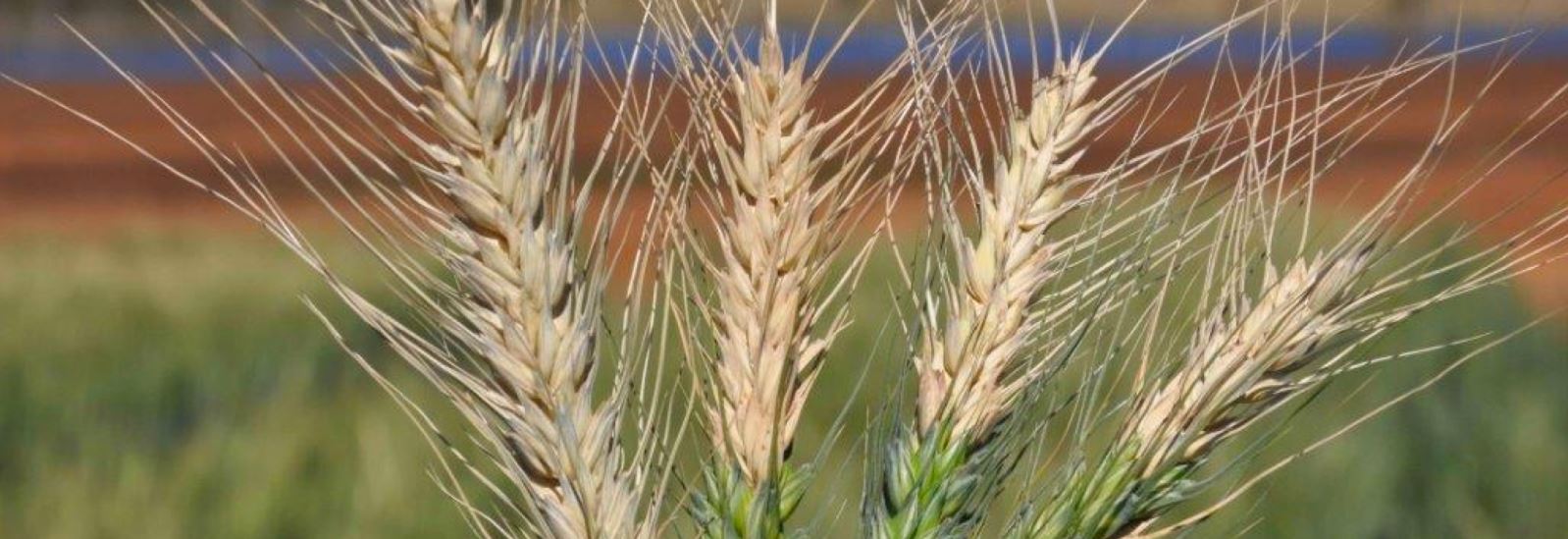Explainers
Tackling fall armyworm with sustainable control practices
 Capacity development
Capacity development
Adopting sustainable and ecofriendly agricultural practices, sharing valuable knowledge, and providing farmers with effective tools and techniques can help mitigate the impact of fall armyworm in Zimbabwe.
Examining how insects spread toxic fungi
 Climate adaptation and mitigation
Climate adaptation and mitigation
CIMMYT leads international collaboration to monitor invasive pests attacking post-harvest crops and the propagation of toxic fungi.
Combatting maize lethal necrosis in Zimbabwe
 Capacity development
Capacity development
CIMMYT leads training sessions to equip stakeholders with tools to identify and mitigate the effects of MLN.
Cereal seed systems
 Capacity development
Capacity development
Discover how CIMMYT scientists support getting new improved seeds to farmers fields, faster.
Plant breeding innovations
 Climate adaptation and mitigation
Climate adaptation and mitigation
Over millennia, natural selection and humans have systematically adapted the plant species that provide food and other vital products, changing their physical and genetic makeup for enhanced productivity, nutrition and resilience. Plant breeders apply science to continue improving crop varieties, making them more productive and better adapted to climate extremes, insects, drought and diseases.
What is nixtamalization?
 Nutrition, health and food security
Nutrition, health and food security
Water, heat and lime transform grain in a traditional Central American maize processing method.
Nitrogen in agriculture
 Climate adaptation and mitigation
Climate adaptation and mitigation
The most essential nutrient in global crop production is also one of the most challenging to work with.
What is sustainable intensification?
 Climate adaptation and mitigation
Climate adaptation and mitigation
Farming method can boost yields, increase farmers’ profits and reduce greenhouse gas emissions.
Whole grains
 Nutrition, health and food security
Nutrition, health and food security
What they are, why they are important for your health, and how to identify them.
What is conservation agriculture?
 Climate adaptation and mitigation
Climate adaptation and mitigation
Farmers are increasingly adopting conservation agriculture practices. This sustainable farming method is based on three principles: crop diversification, minimal soil movement and permanent soil cover.
What is wheat blast?
 Nutrition, health and food security
Nutrition, health and food security
Wheat blast is one of the most fearsome and intractable wheat diseases in recent decades. It spreads through infected seeds, crop residues as well as by spores that can travel long distances in the air, posing a major threat to wheat production in tropical areas.
